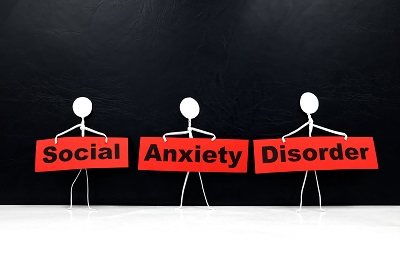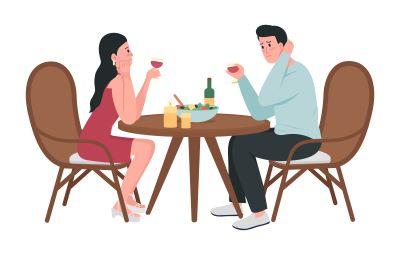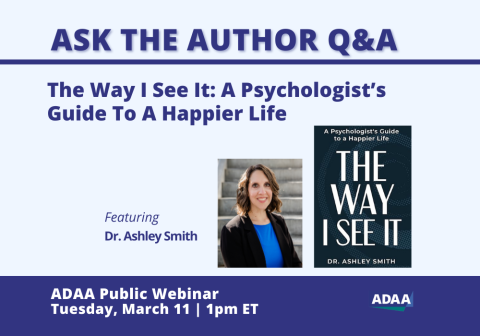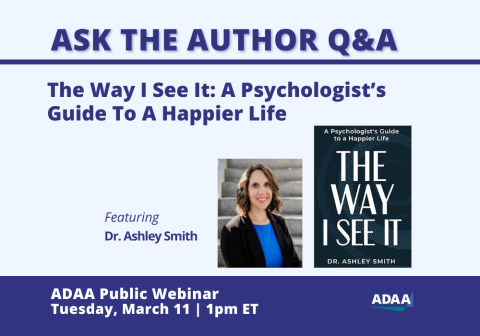The COVID-19 Cycle: Social Anxiety and Withdrawal in School-Aged Kids and Teens
The COVID-19 Cycle: Social Anxiety and Withdrawal in School-Aged Kids and Teens

For students, spring brings the excitement of end-of-year celebrations: prom, graduation, and the promise of summer. This year, however, many of those same students have been in and out of classrooms, both virtual and in-person, for more than a year. Spring just doesn’t feel the same. Many families are managing anxious and depressive symptoms in their kids and teens who have been isolated for months. This increase in social anxiety and withdrawal in school-aged kids and teens during the COVID-19 pandemic may be best explained by the cycles that perpetuate these symptoms in “the new normal.”
Social Distancing and Social Anxiety
Humans crave social interaction - so much, in fact, that we tend to live longer, happier lives when we have strong social connections with others. The social distancing measures put in place for our physical health during the COVID-19 pandemic have caused a reduction in face-to-face social contact for most of us, including many kids and teens. Particularly during this critical developmental period, many kids and teens became more used to social distancing than social interactions. This can shrink their social comfort zone and may cause the return to regular activities like school and soccer practice to feel very anxiety-provoking. When faced with an anxiety-provoking situation, we tend to avoid that situation - in this case, kids and teens might be avoiding classmates, friends, and family almost entirely.
Quarantine or Withdrawal?
Without regular social interaction, many of us notice low mood and depressive symptoms start to set in. This depressive cycle causes many kids and teens to withdraw from social interactions too. Some kids and teens simply stay in their rooms listening to music all day. Others might refuse to sit at the dinner table or ignore text messages from their friends. The more we behave in ways that suggest depression and withdrawal, the more our feelings and thoughts follow those actions. Before we know it, we aren’t just behaving in a way that seems depressed and withdrawn - we start to feel and think in a way that tells us we are depressed and withdrawn.
Many kids and teens have reported feeling unmotivated, low on energy, and helpless. This cycle has continued for months during the COVID-19 pandemic for kids and teens all over the world.
How to Help
Research suggests that cognitive-behavioral strategies are helpful in reducing anxious and depressive symptoms for school-aged kids and teens. For social anxiety, treatment includes practice with social interactions, even and especially when they feel a little uncomfortable. For withdrawal, increasing social interaction can boost mood and reverse the downward spiral of depressive symptoms. Parents can help kids and teens to increase social interactions with classmates, peers, and family members. Use the Centers for Disease Control guidelines to decide which social activities make the most sense for your family’s health. Think about what outdoor, virtual, and/or physically distanced social gatherings can be arranged. Ask the neighbors if they are willing to form a social bubble. If your student’s school is offering in-person or hybrid instruction, consider the risks and benefits of your child or teen returning to school. This is particularly important if your student appears to be avoiding school due to social anxiety (e.g., “I don’t know anyone there anymore!”) or withdrawal (e.g., “I don’t feel like going.”) rather than worry about COVID-19 (e.g., “I am worried that my family will get sick.”). Most of all, find ways for your kids and teens to be safe, healthy, and social, and our return to “normal” might not seem so far off.
















